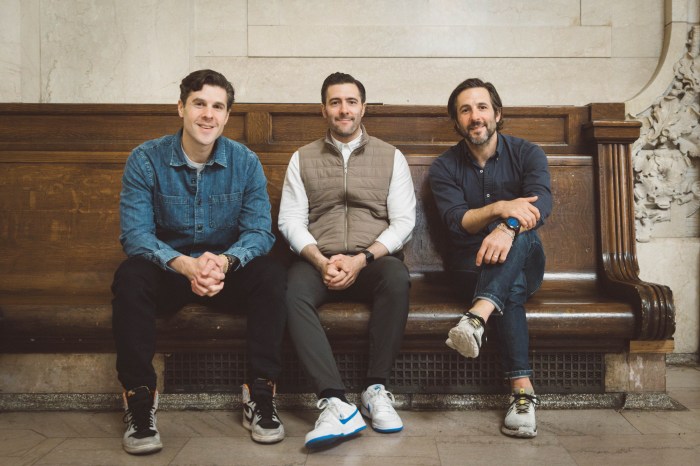
Too many things to do and not enough time to do them? New apps are designed to act as personal time assistants to get tasks done and improve productivity.
Timeful, a free iPhone app available in the United States and Canada, uses artificial intelligence to schedule tasks in users’ calendars based on meetings and events they are already committed to. It also estimates how long it will take to do the tasks.
“Time is by far the most precious resource we have and by far the one we manage the poorest,” said Dan Ariely, co-founder of the California-based company Timeful.
Users connect their iCloud, Google or Outlook calendars to integrate their existing meetings and events. They can also add to-do items and habits they would like to establish.
“There’s a cacophony of things that say ‘do me.’ We provide algorithmic help to make them more concrete, because if it’s not in your schedule, it’s unlikely to get done,” said Yoav Shoham, a co-founder of Timeful.
The app determines when users are most likely to complete certain tasks, and takes into account when they are most productive to schedule them, and factors the information into the algorithm. The app also calculates when and where a task is most likely to be completed.
“Time, like money, is about opportunity cost,” said Ariely. “Every minute you’re not focused during your productive hours is a waste.”
Other personal assistant apps available that aim to make people more productive include Tempo for iPhone and Sunrise for iPhone and Android.
Although the apps do not create schedules, they include additional context about meetings, such as directions, to improve productivity. Tempo also provides drive time and insights about people and companies associated with each event.
But not everyone is convinced an app is needed for time management.
“An app could be helpful, but (productivity) is more about the discipline of planning more than it is about a particular tool,” said Mark Ellwood, president of Toronto-based Pace Productivity.
“We have found time spent with planning correlates with results, regardless of whether someone is using an app, a piece of paper, or the back of an envelope,” he added.
Ellwood said one possible risk of using an app is that it could take longer to manage tasks within it than it would just write it down, which would defeat the purpose.
He added that productivity is about focusing on high-priority items, which requires discipline.
“I could have the world’s best to-do list or app and still procrastinate and still work on things that don’t need to get done,” he said.
“Ultimately it’s the person that decides what to do with their time. The intelligence needs to be in your head, not the machine” he added.































